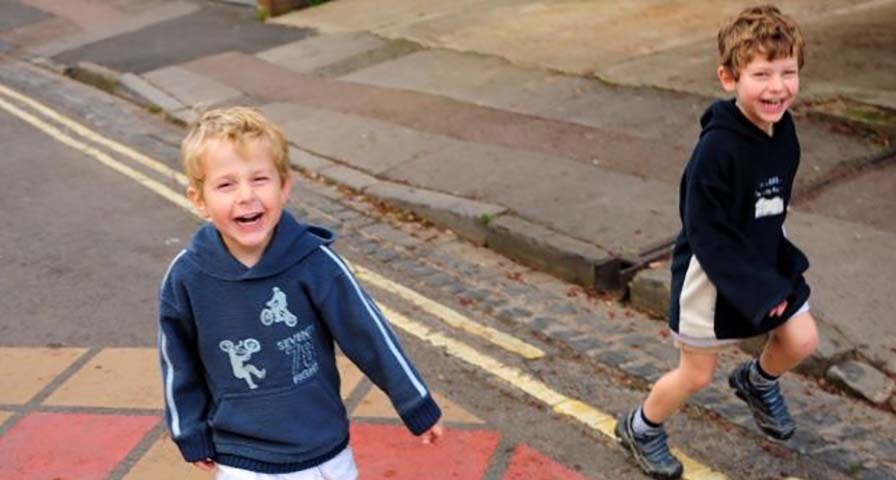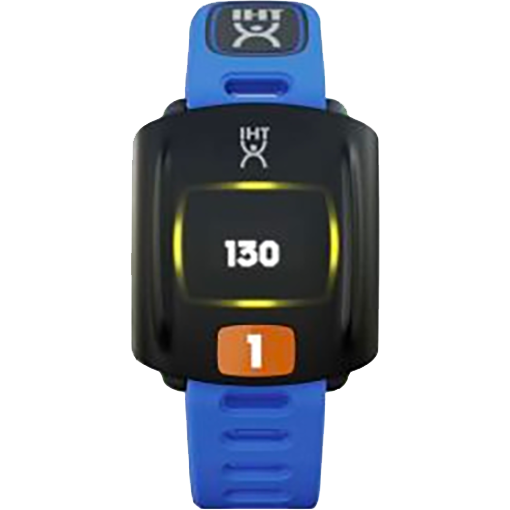Originally published Feb. 12, 2019 in U.S. News & World Reports.
By Len Canter, HealthDay Reporter
Physical activity is closely linked to development of a child’s mental skills — ones essential to academic success and navigating challenges they’ll face throughout life.
Studies show that boosts in thinking ability, or executive function, often follow bouts of activity. But only one-third of children are physically active every day. Less than half the time they spend in school activities — like physical education, team practices and even games — includes movement that qualifies as physical activity. This shortfall means that their physical health, as well as their mental skills, may suffer.
 Some problems can begin during the preschool years if youngsters don’t get the activity they need for motor skill development. A 4- or 5-year-old needs 30 minutes of exercise every day. In addition to other benefits, this amount of exercise can also help kids who are overweight stem further fat increases. Introduce your preschoolers to fun and age-appropriate activities. Give them “active toys” like a tricycle and a ball to kick and throw, and encourage active games like tag, hide-and-seek and hopscotch.
Some problems can begin during the preschool years if youngsters don’t get the activity they need for motor skill development. A 4- or 5-year-old needs 30 minutes of exercise every day. In addition to other benefits, this amount of exercise can also help kids who are overweight stem further fat increases. Introduce your preschoolers to fun and age-appropriate activities. Give them “active toys” like a tricycle and a ball to kick and throw, and encourage active games like tag, hide-and-seek and hopscotch.
When kids enter elementary school, help them explore various team sports, such as soccer or T-ball. As they get older, they might like the challenges of running or strength training.
Make time for exercise in your child’s schedule at every age and join in. Children who see their parents engaged in physical activity are more likely to do it and enjoy it themselves.
Seeking IHT Spirit System information?




